Budget cuts cripple parly committees
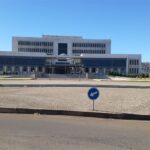
SHARE THIS PAGE!
National Assembly committees are facing a severe financial squeeze, forcing them to slash expenses and prioritise only the most critical work, leaving key issues unaddressed.
The financial constraints have resulted in a significant reduction in the committees’ ability to conduct thorough investigations, hold consultations and engage with various stakeholders.
The move may severely impact the work of various committees including the ongoingportfolio committee on social cluster’sconsultations on the youth bill, a crucial piece of legislation aimed at promoting the rights and interests of young people.
The committee has been engaging with youth groups and stakeholders countrywide, to ensure the bill is inclusive and responsive to the needs of the country’s future leaders, but the process may be restricted by the financial constraints.
Additionally, the committee’s efforts to facilitate services for ex-miners to receive their payments from Tshiamiso, a trust fund established to compensate former miners who suffered from occupational diseases, may also be affected by the financial restrictions.
Furthermore, the Public Accounts Committee (PAC), a crucial oversight body responsible for scrutinising government spending and ensuring accountability, may struggle to fulfil its role.
The PAC is currently investigating allegations of financial impropriety and mismanagement in several government ministries and departments, and its findings are eagerly awaited by the public.
In an interview with theReporter this week, chairperson of committee chairpersons, Mokhothu Makhalanyane, indicated that the committees had requested M12 million but were allocated M3.4 million for the financial year 2025/26, a significant shortfall that has restricted their job.
The committees are now reportedly facing a severe budget crunch, with funds potentially running out before the year ends.
However, Makhalanyane noted that the committees have devised a plan to mitigate the budget crunch.
Instead of fully suspending their work, he said, they intend to reallocate funds from committees that have not fully utilised their budgets to support those that are struggling, to allow them to continue with their critical understandings.
Makhalanyane further stated that the committees have implemented cost-cutting measures, including reducing the number of sitting days and attendees. They are also minimising or avoiding sleepovers that require booking accommodations, in a bid to stretch their limited budget and ensure continued functionality.
He disclosed that the parliamentary committees were allocated varying budgets, with the portfolio committee on Prime Minister’s Ministries and Department, Governance, Foreign Relations and Information Cluster receiving M465,000. The Ethics, Code of Conduct, Immunities and Privileges Committee got M230,000.
The Sustainable Development Goals Monitoring Committee (SDGs) Committee had an allocation of M252,000, portfolio committee on Law and Public Safety ClusterM375,000, the Pandemics Committee M290,000, and the Social Cluster Committee M350,000, among others.
Makhalanyane highlighted that the committees would go as far as exploring alternative funding options including seeking support from international partners and requesting supplementary budgets from government to ensure they continue to effectively carry out their duties.
The decision to restrict the committee’s work has been met with frustration from civil society and citizens, about the potential for further financial irregularities and the erosion of public trust in government.
Executive Director of the Campaign for Social Justice, a civil society organisation, Zwelithini Matsoso warned that the restriction on the committee’s work such as social cluster which focuses on population development would disproportionately affect the youth.
This would exacerbate existing challenges and liming opportunities for democratic participation, economic empowerment and social development,” Matsoso noted.
He also indicated that the limitations on the committees’ work would negatively impact the youth who comprise approximately 40 percentof the country’s population and are already grappling with significant challenges including a high unemployment rate.
Matsoso stressed that reducing services for the youth would be detrimental to the country’s development, warning that failing to invest in the youth would have far-reaching and devastating consequences for the country’s future.
He further emphasised the need for parliament to have autonomy so that it can effectively carry out its oversight role without undue constraints and ensure that the voices of citizens, particularly vulnerable groups like the youth, are represented and heard in the legislative process.
“The PAC is the watchdog of public finances, and limiting its scope of work just because of funds would only be leaving the door open for corruption and abuse.
“Limiting the parliament’s roles does not only hamper its oversight role but it also undermines its ability to effectively represent the interests of the people, further worseningthe country’s governance challenges,” he said.
Opposition leader for United Africans Transformation (UAT), Dr Mahali Phamotse indicated that the parliamentary budget crisis highlights the need for parliamentary autonomy.
Dr Phamotse pointed out that by allowing parliament to create its own budget based on its needs, the institution can better allocate resources, prioritise its functions and ensure effective oversight of the executive branch.
Autonomy would also enable the National Assembly to operate more effectively, make informed decisions and hold the government accountable without being constrained by external budgetary limitations.
Dr Phamotse further stated that members of the 11th Parliament had reached a consensus on granting the Parliament autonomy to manage its budget.
This would enhance independence, effectiveness and oversight capabilities, she said.
“Parliament requires its own budget to effectively carry out its mandate. With a dedicated budget, Parliament can undertake essential consultative works locally, including engaging with constituents and other stakeholders without relying on sponsorship.
“Additionally, having its own budget would enable Parliament to participate in international engagement, exchange best practices and gain valuable insights from other Parliaments, ultimately enhancing its capacity to serve the nation,” Dr Phamotse noted.
The committees in the National Assembly are groups of members of the House set up in order to discuss, examine or advise upon specific public policy issues or legislations. They carry out tasks that the National Assembly, acting as a whole, could not carry out effectively.



NUL student’s groundbreaking findings
7 days ago
Man blames crystal meth for thieving spree
8 days ago
Youth jobs crisis: govt under fire
8 days ago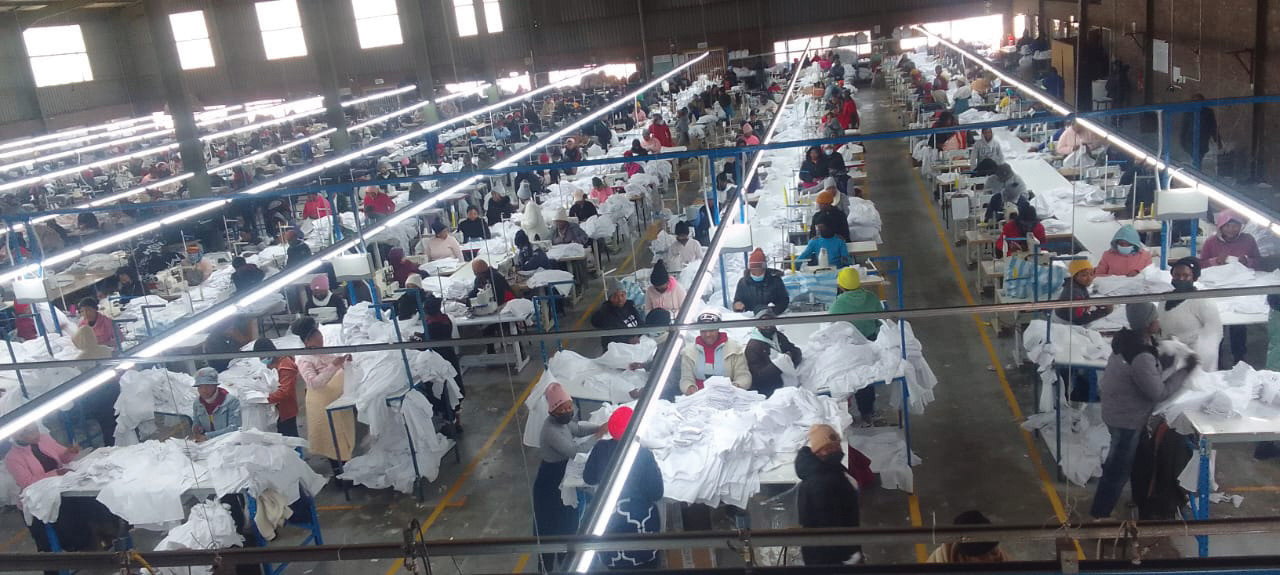
Jobs boom in Maputsoe
8 days ago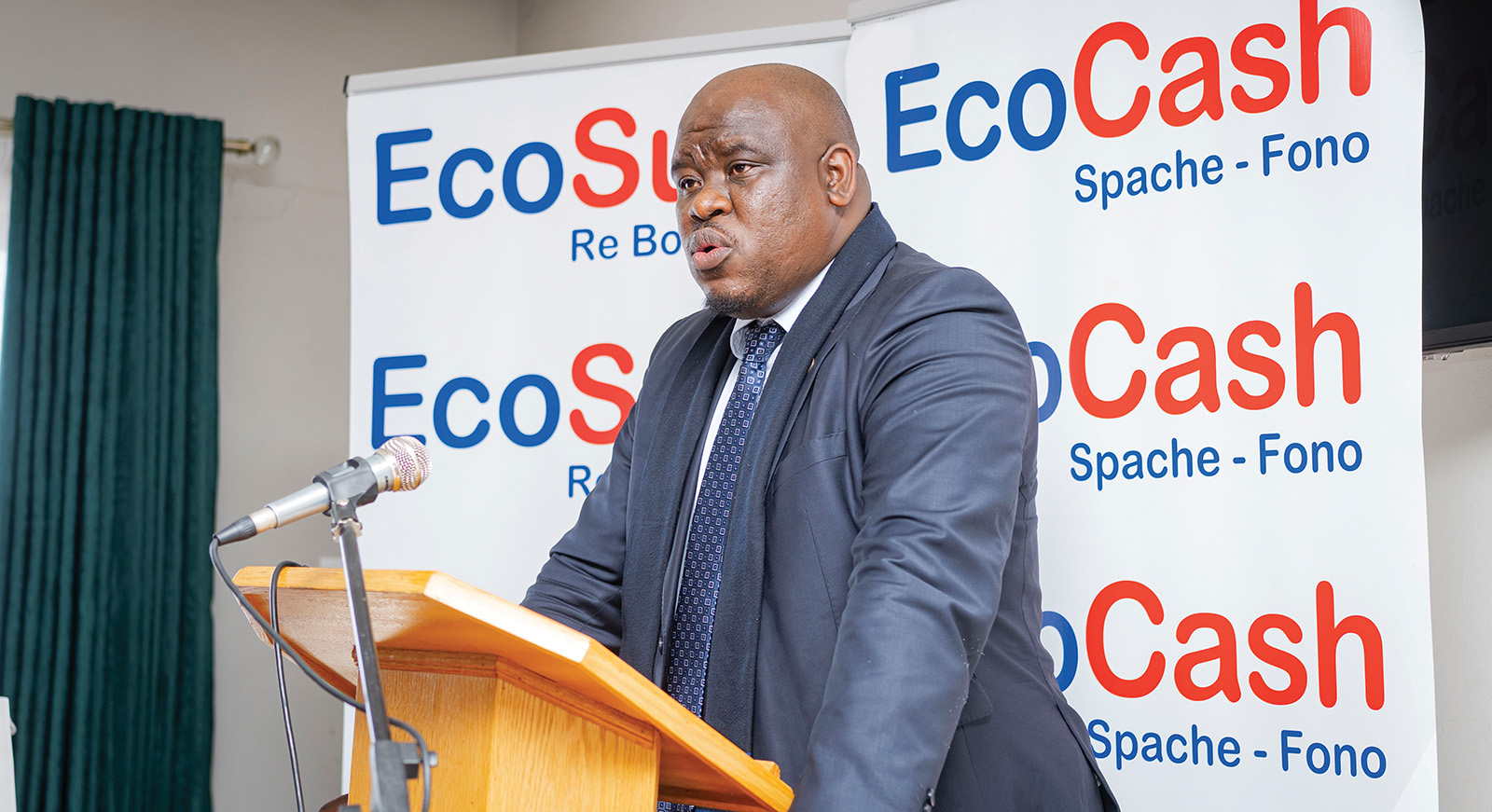
SEFS pumps M200K into LDF youth boot camp
9 days ago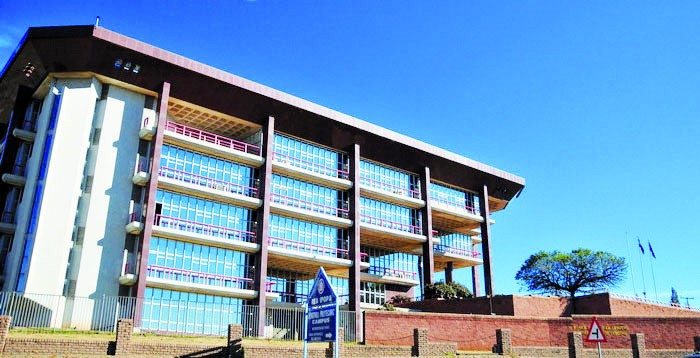
POS to be fully localised: CBL
9 days ago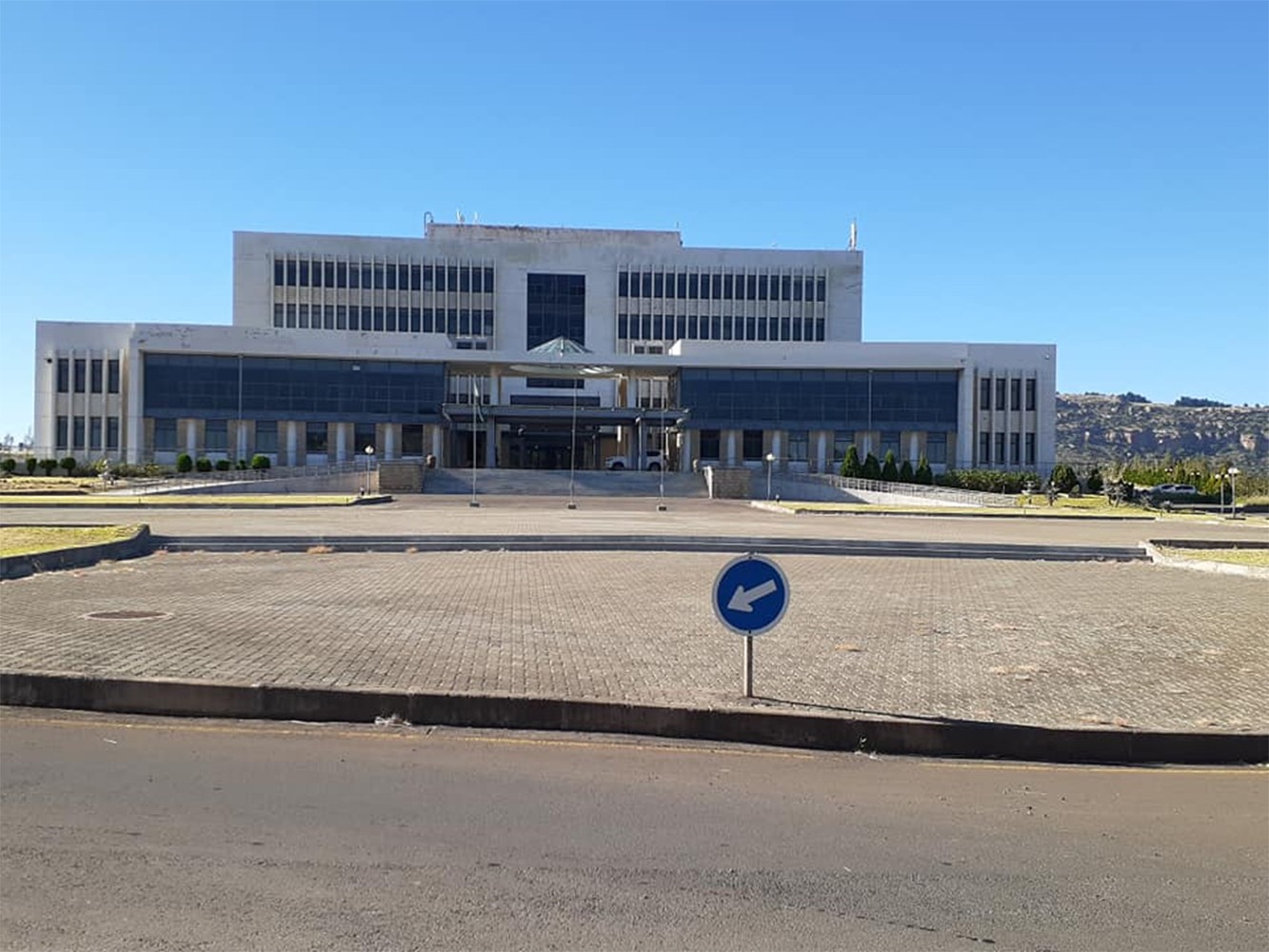
Budget cuts cripple parly committees
12 days ago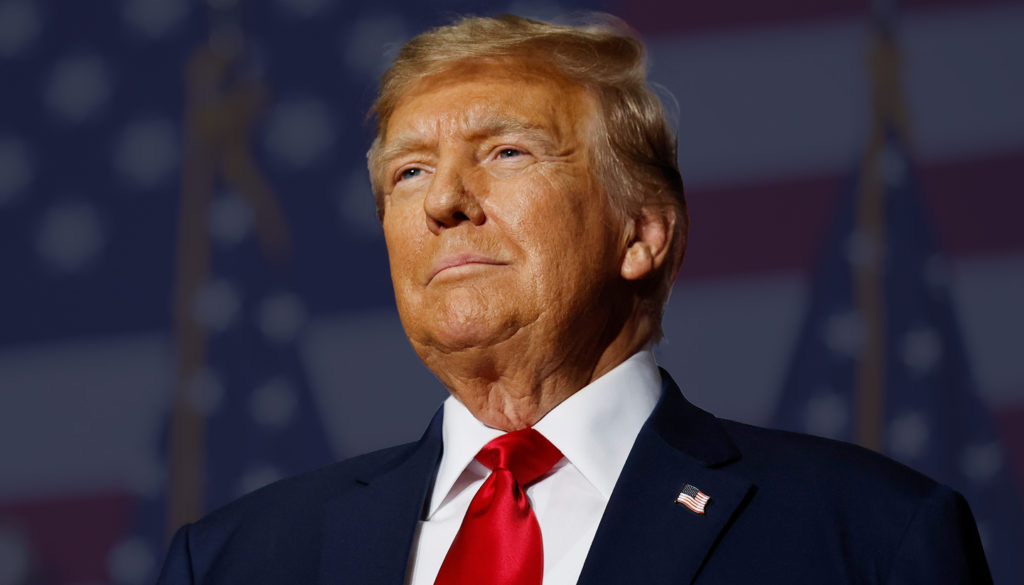
US reduces tariffs on Lesotho
12 days ago